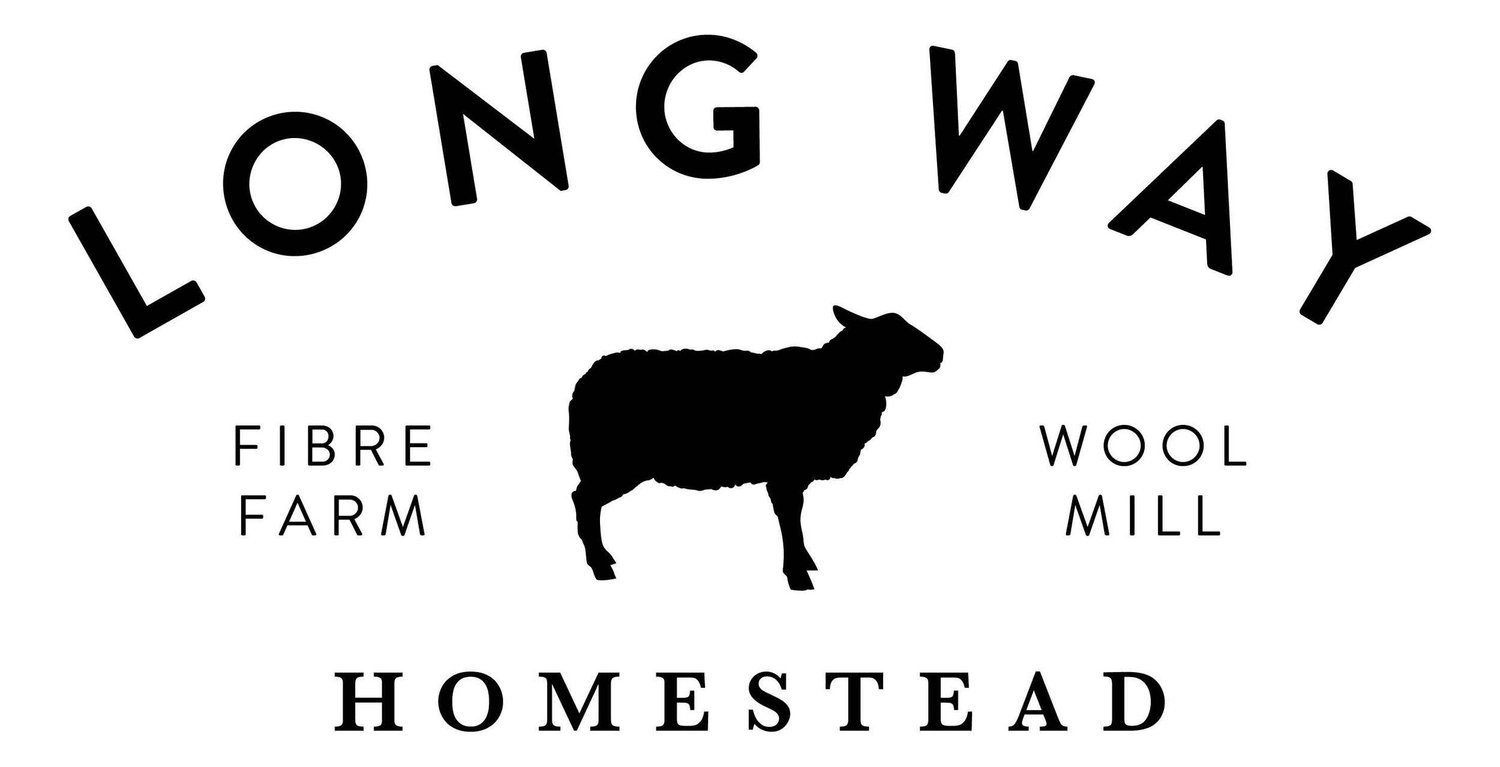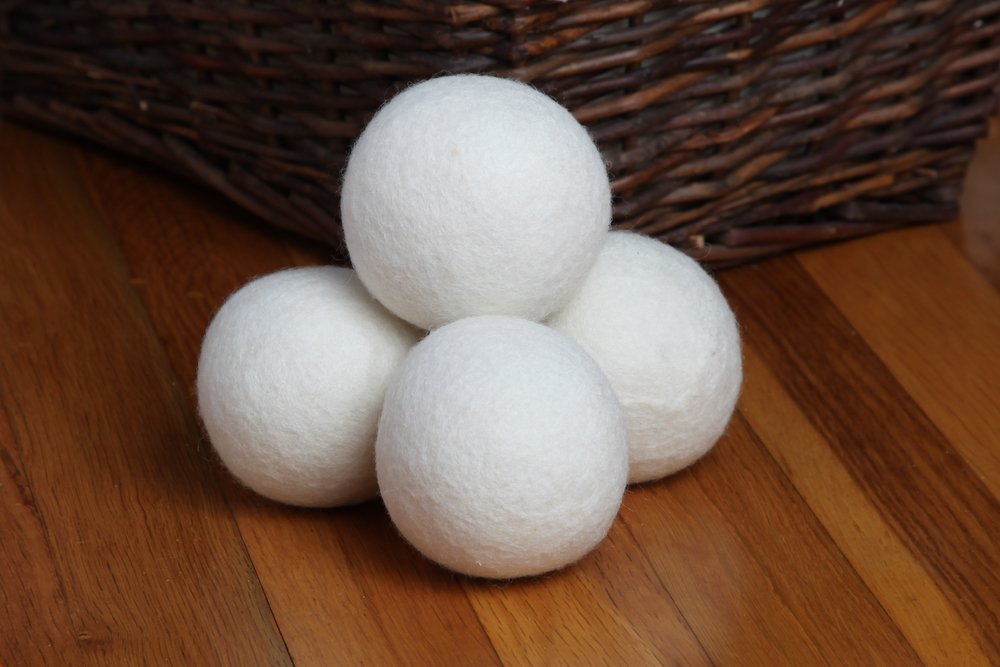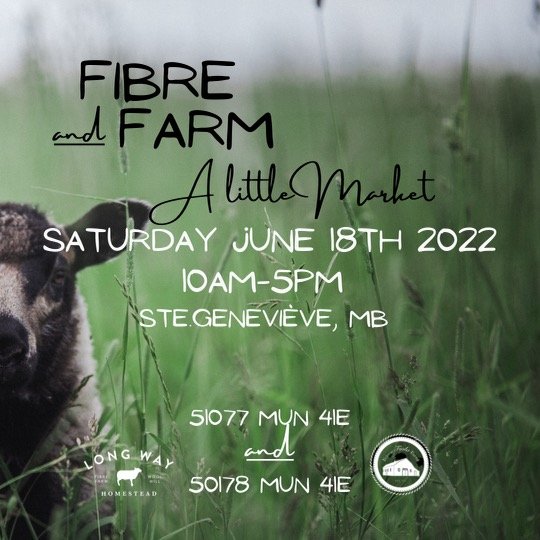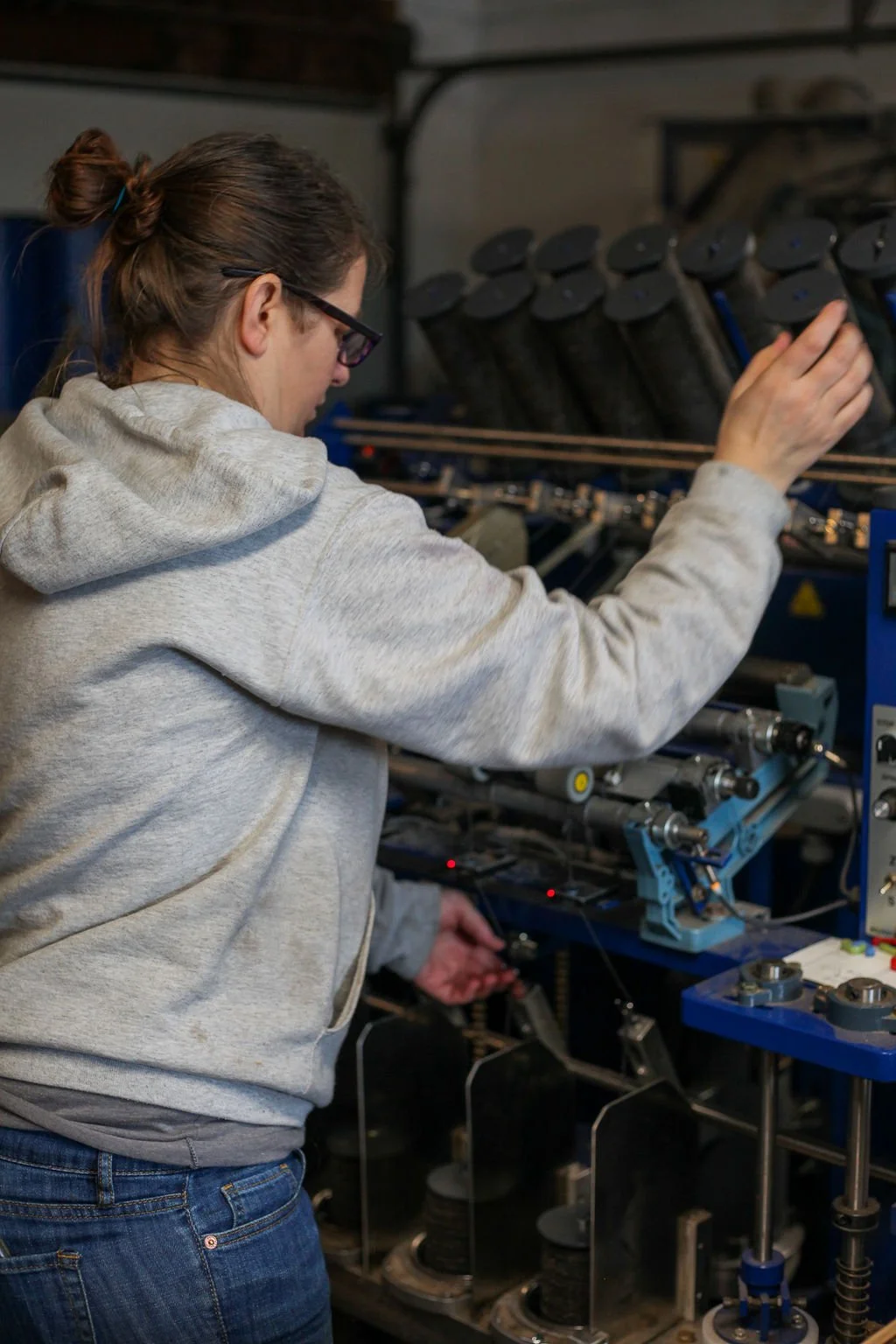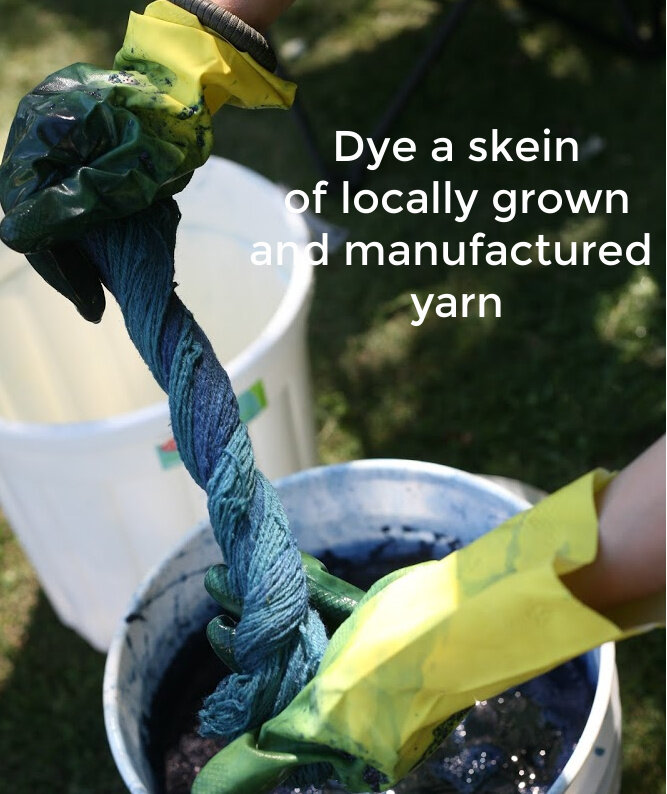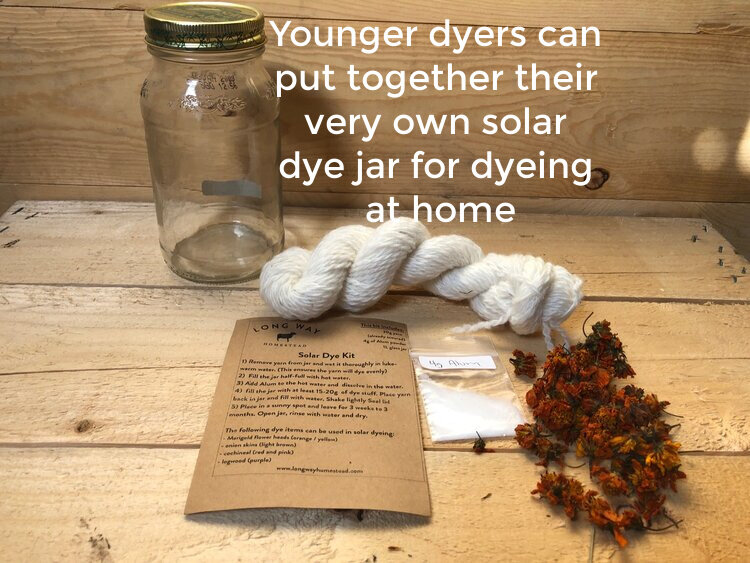My heart skipped a beat yesterday when I saw the headline that “Federal Investment aims to turn around Canada’s wool industry” in the Globe and Mail.
I eagerly started reading the article and thinking to myself, that the collective voice of shepherds, wool enthusiasts, mill owners and the various advocacy organizations is starting to make a difference on the national scale. I was already celebrating the new opportunities to grow and develop the wool industry domestically - to finally see wool as a valued agricultural commodity, rather than a nuisance, a by-product.
And then I started reading the article - and paragraph by paragraph my enthusiasm waned.
Wool carpets wouldn’t necessarily have been the flagship product to revitalize the Canadian wool industry that I would’ve chosen- but I can get behind it. They utilize local wool, and they are manufactured in Canada - check, check.
But the second paragraph is what really blew my mind “the rug project is part of a $150,000 investment in the industry”
WAIT - WHAT?
I had to read it twice - $150,000 thousand, not million, but thousand. Are you kidding me? My small-scale wool processing mill cost double that investment. And that’s a financial burden that I’ve managed as an independent entrepreneur.
I want to give the feds a bit more credit than that - but $150,000 barely scratches the surface in terms of what is needed and necessary to build up this industry.
Don’t get me wrong, I’m pleased to see any funding or interest towards Canadian wool. I see this as a positive step towards building our fibre economies across Canada. But it seems to be a little too little - to actually be considered a meaningful investment.
Perhaps this is just one of many announcements that are coming down the line for wool in Canada? Perhaps federal investment will move beyond the wool that is grown and manufactured in Ontario and make its way to the other wool processing provinces in the country (did you know that Alberta is the 2nd largest sheep producing Province in the country, yet it seems the majority of the work of the Canadian Wool Council can’t get past the Ontario borders).
Perhaps there is more funding coming to support and scale those of us that are already investing in the industry. But this article seems to indicate that the small wool processing industry in Canada does not even exist.
Eric Bjergso (GM for the Canadian Cooperative Wool Growers (CCWG) is quoted in this article stating that only three mills remain in Canada - one can only imagine he is referring to the large scale wool processing mills (Briggs and Little, Custom Woollen Mills and MacAuslands)
I’m baffled as to why it wasn’t noted that there are more than a dozen small mills across the country that have been filling in the gaps in the domestic wool processing industry for the last 50 years.
The small-scale mills have been working with sheep producers to provide local and accessible wool production. These mills have been working to promote Canadian wool for decades, and to build up local communities and keep jobs in our communities. These mills have been paying sheep producers double or triple the per pound price than what they get for their wool from the CCWG, while also doing education around how to produce better wool. These mills are over capacity and have existed with very little investment from the federal or provincial agricultural bodies - so why are they being left out of the national conversation.
It seems to me that if we want to build a thriving wool industry in Canada, we don’t need to be turning our attention and interest externally - we can simply look at those who have been carrying the weight of domestic production (no matter how small) for what needs to be done to scale the industry.
We don’t need $150,000 for more market research and export promotion of Canadian wool. (in the press release from the minister) We need better infrastructure - we need regional processing facilities that can immediately process and market the Canadian wool clip.
Scouring, Carding, Spinning, Weaving, Knitting - Infrastructure.
We don’t need to study this anymore - we need action - we need infrastructure. And we need to stop looking externally and look at how investing in infrastructure can develop regional fibre economies.
My fingers are crossed that this is just the first announcement of many. In the meantime, I’ll be here, processing Canadian wool - working with Canadian farmers.
